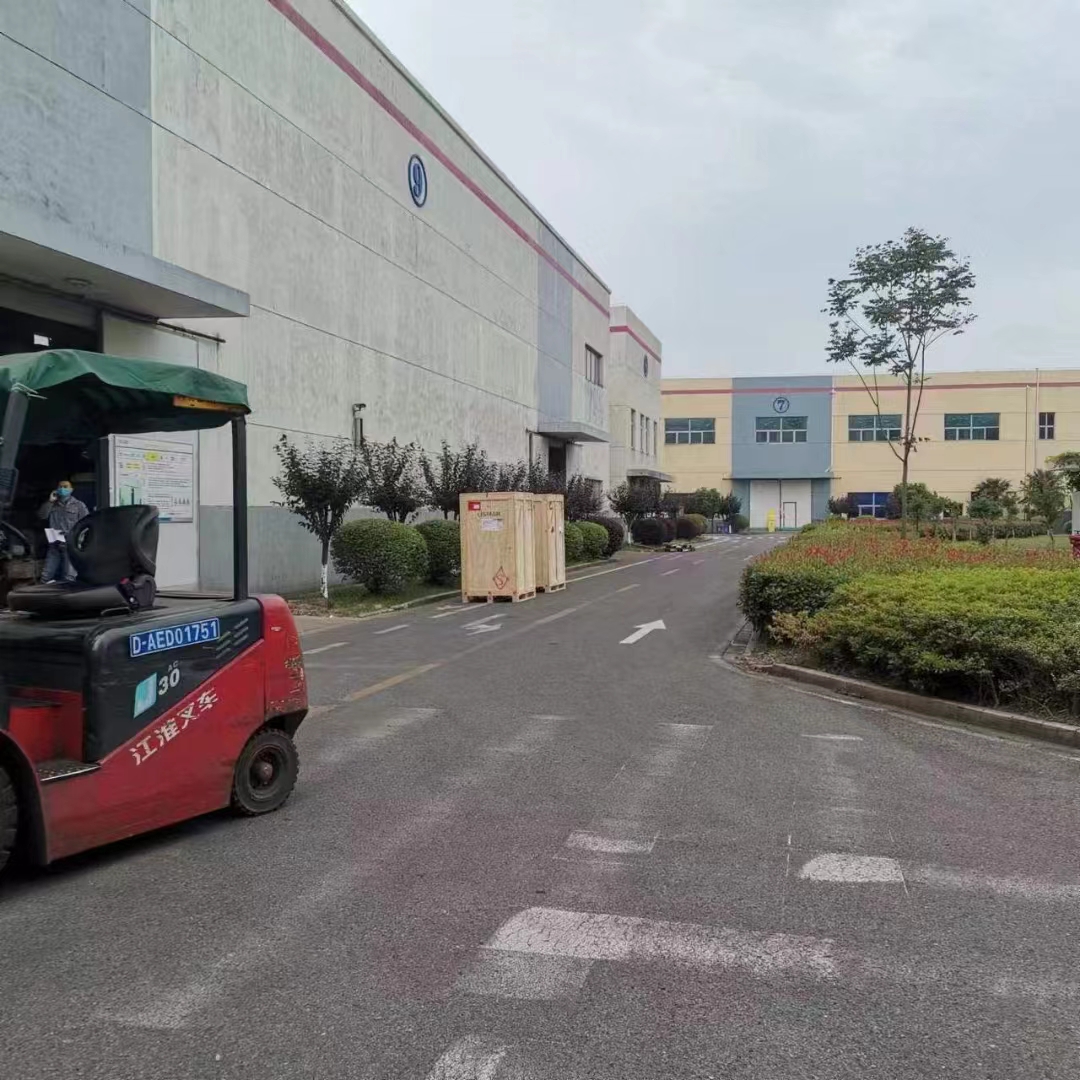Forwarder Shipping Agent Full or Less Than Container Load DDU DDP Sea Freight Shipping From ningbo,shnaghai,guangzhou,China to Tilbury,UK
Sea Freight Process from China
Step-by-Step Guide
Booking a Shipment
Booking a shipment is the first step in the sea freight process. Choose a reliable freight forwarder by comparing quotes and services. Provide detailed information about your shipment, including type of goods, volume, and destination. In 2022, over 23 million TEUs were exported from China’s major ports, emphasizing the need for efficient booking.
Packaging and Labeling Requirements
Proper packaging and labeling are crucial for safety and compliance. Use durable materials to protect goods. Each package must be labeled with the destination address, handling instructions, and any
hazardous material warnings. According to industry standards, correct labeling reduces shipping delays by 20%.
Customs Clearance Procedures
Customs clearance involves preparing and submitting essential documents like the commercial invoice, packing list, and bill of lading. Inaccurate documentation can cause delays, costing companies an average of $500 per day. Collaborate with your freight forwarder to meet all regulatory requirements and ensure smooth processing.
Loading and Transportation
After customs clearance, goods are loaded onto cargo ships using cranes and other equipment. This stage must be handled with precision to prevent damage. China’s ports, like the Port of Shanghai, handle over 42 million TEUs annually, highlighting the importance of efficient loading practices. The ship then transports goods to the destination, adhering to the scheduled transit time.
Delivery and Unloading at Destination
At the destination port, goods are unloaded and undergo customs clearance. The freight forwarder manages the logistics of moving goods from the port to the final delivery point, using trucking or rail transport. Ensure all documentation is complete to facilitate a smooth delivery process. Efficient unloading and delivery are crucial, as delays can impact overall supply chain efficiency.

Types of Sea Freight Services
FCL (Full Container Load)
Benefits and Scenarios for Use
FCL, or Full Container Load, involves the shipment of goods that fill an entire container. This method is ideal for businesses with large volumes of cargo. Benefits include lower cost per unit, reduced risk of damage, and faster transit times. For instance, an electronics company shipping 1000 laptops would find FCL more cost-effective and secure than other methods.
LCL (Less than Container Load)
Benefits and Scenarios for Use
LCL, or Less than Container Load, is perfect for shipments that do not fill a full container. This service allows multiple shippers to share container space, making it cost-effective for smaller shipments. Benefits include lower upfront costs and flexibility. For example, a small business exporting 50 boxes of clothing can save money by opting for LCL instead of FCL.
-
RELATED NEWS